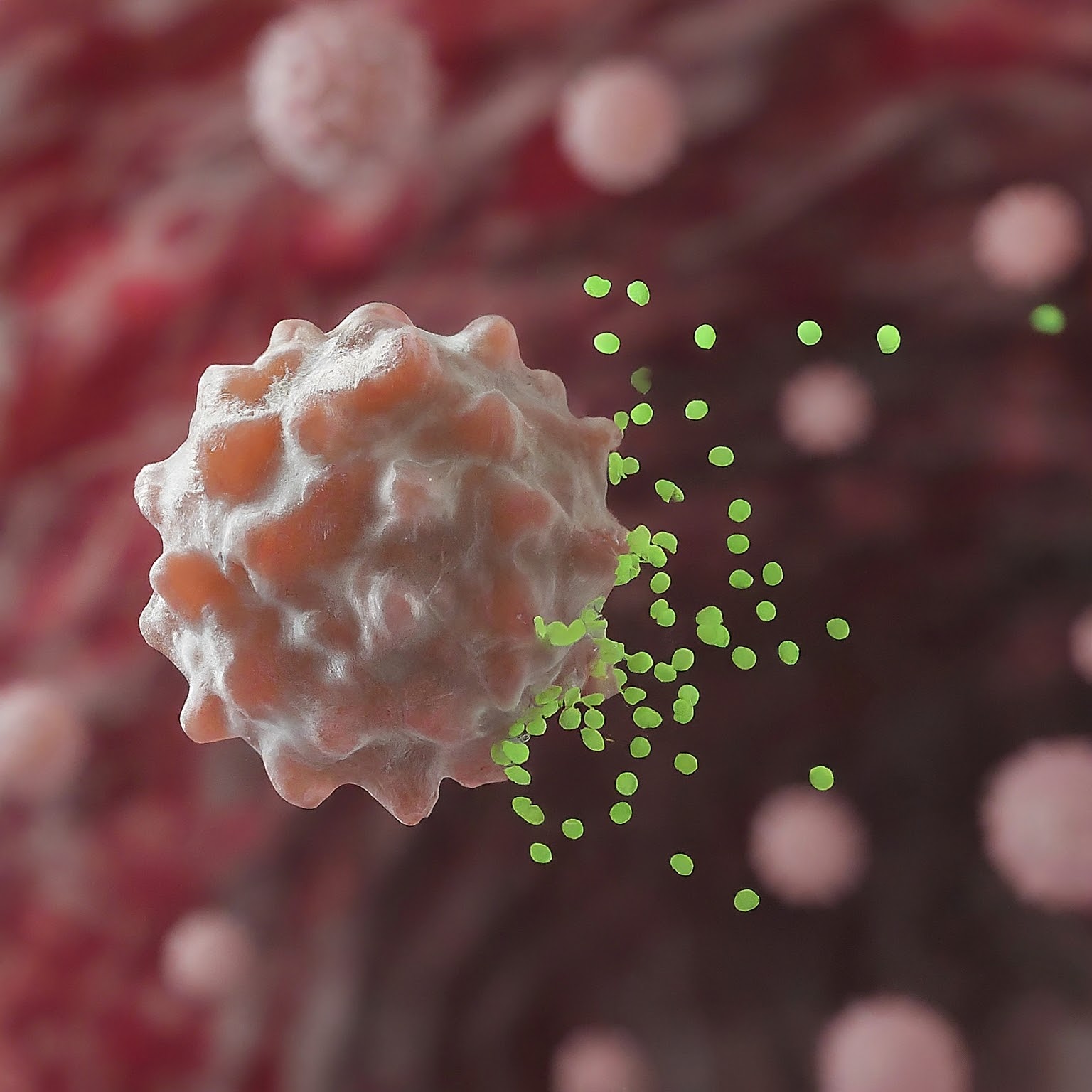Unveiling the World of Diseases: From Symptoms to Solutions
Disease
A disease is a condition that adversely affects the functioning of an organism, typically manifested by specific symptoms and signs. Diseases can be caused by various factors, including pathogens such as bacteria, viruses, fungi, or parasites, as well as genetic mutations, environmental factors, lifestyle choices, and autoimmune reactions. They can affect any part of the body and may range from mild to severe in terms of their impact on health and well-being. Some common examples of diseases include influenza, cancer, diabetes, heart disease, and malaria.
Symptoms
Symptoms are the subjective experiences or manifestations of a disease or condition that a person perceives or reports. They are typically observed or felt by the individual affected and can vary widely depending on the specific illness. Symptoms can include physical sensations like pain, fatigue, nausea, and fever, as well as changes in cognitive function or emotional state. They serve as important indicators for diagnosing and managing diseases, helping healthcare professionals understand what might be going on internally. It's crucial to pay attention to symptoms and seek medical advice if they persist or worsen, as they can provide valuable clues about underlying health issues.

Sign
Signs are objective indications of a disease or condition that can be observed or measured by others, including healthcare professionals. Unlike symptoms, signs are not dependent on the individual's perception but are instead detectable through various diagnostic methods. Signs can include physical findings such as swelling, rash, abnormal laboratory test results (like elevated blood pressure or high levels of specific chemicals in the blood), or visible changes in tissues or organs through imaging techniques like X-rays or MRI scans. These objective signs are crucial in the diagnosis, treatment, and monitoring of diseases, providing healthcare providers with valuable information about the patient's health status and guiding appropriate interventions.
Types of Diseases
Diseases can be classified as congenital or acquired based on when they develop in an individual's life:
Congenital Diseases
Congenital diseases, which are present at birth, can vary widely in terms of their causes, symptoms, and severity. Here are some common types of congenital diseases:
- Genetic Disorders: These diseases are caused by abnormalities or mutations in an individual's genes.
- Developmental Disorders: These conditions result from disruptions in fetal development during pregnancy.
- Metabolic Disorders: These diseases involve problems with the body's ability to metabolize certain substances.
- Chromosomal Abnormalities: These conditions result from errors in the number or structure of chromosomes.
- Inherited Metabolic Disorders: These diseases are caused by mutations in genes involved in metabolism.
- Congenital Infections: Some infections contracted by the mother during pregnancy can result in congenital diseases in the baby.
Acquired Diseases
Acquired diseases develop after birth and can result from a variety of factors such as infections, environmental exposures, lifestyle choices, aging, trauma, or other external influences. Here are some common types of acquired diseases:
- Communicable/Infectious Diseases: These diseases are caused by infectious agents and can be transmitted from one person to another.
- Non-communicable Diseases (NCDs): Also known as chronic diseases, these conditions are not caused by infectious agents.
- Autoimmune Diseases: Conditions where the immune system mistakenly attacks the body's own tissues.
- Degenerative Diseases: These diseases involve the gradual deterioration of tissues or organs over time.
- Mental Health Disorders: Conditions affecting mood, behavior, and cognitive function.
- Environmental Diseases: These diseases result from exposure to environmental pollutants, toxins, or hazards.
- Nutritional Deficiency Diseases: Conditions caused by inadequate intake or absorption of essential nutrients.
These are just a few examples of acquired diseases, and there are many other conditions that can develop throughout life due to various factors. Effective prevention, early detection, and appropriate management are essential for mitigating the impact of acquired diseases on health and well-being.
Get to all about the world of variety that filled with diseases. We keep posting new articles with all the diseases including it's treatments, safety and precaultions to make sure you get the right informatiom to keep you health. Subscribe to our newletter and get articles in your inbox as we publish them.


